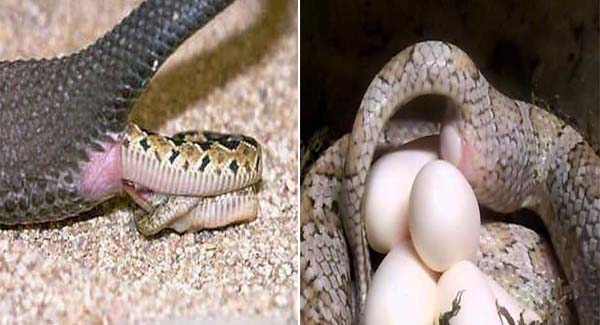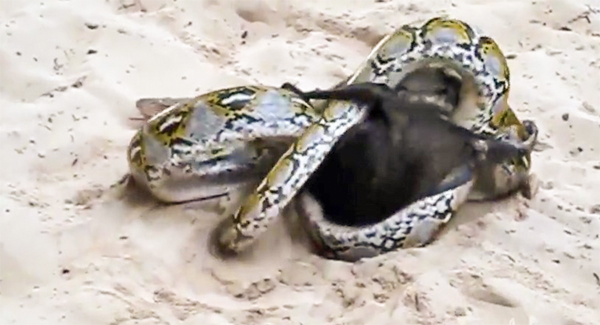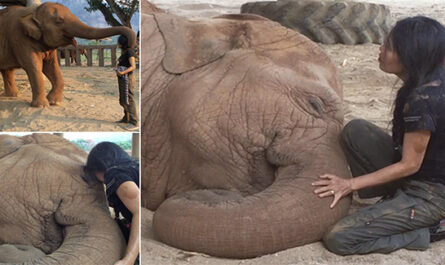Do All Snakes Lay Eggs
 If you want the short answer, then it’s no, not all snakes lay eggs and some types of snakes give birth to live young. But most snakes do lay eggs while others will give birth to live young. Even more amazing is the facts that some types of snakes develop the eggs inside of the female body, but in the end, they give birth to live young. Most snake species, around 70% of them reproduce by laying eggs, and 30% give birth to live young, like rattlesnakes, vipers, boas and most of the sea snake species. Read on to find out more amazing facts about snake reproduction.
If you want the short answer, then it’s no, not all snakes lay eggs and some types of snakes give birth to live young. But most snakes do lay eggs while others will give birth to live young. Even more amazing is the facts that some types of snakes develop the eggs inside of the female body, but in the end, they give birth to live young. Most snake species, around 70% of them reproduce by laying eggs, and 30% give birth to live young, like rattlesnakes, vipers, boas and most of the sea snake species. Read on to find out more amazing facts about snake reproduction.

So which snakes Lay Eggs? The majority of the world’s snake species lay eggs, and includes members of the large Colubridae family that accounts for 2/3 of all snake species and members of the Elapidae family like cobras, adders, mambas, taipans… Most sea snakes give birth to live young, however one genus, Laticauda, which is oviparous, lay eggs on land, as opposed to giving live birth like the other sea snakes. In most cases female snakes abandon the eggs shortly after laying them. But there are a few species that will actually coil around the eggs to incubate them, helping keep them warm until they are ready to hatch. The female of the highly ᴠᴇɴᴏᴍᴏᴜs king cobra (Ophiophagus hannah) builds a nest for the eggs, and even stays with their offspring for a while after the eggs have hatched. One reason is because there’s a survival advantage in giving birth to live young rather than laying eggs. Except for King Cobras (Ophiophagus hannah), egg-laying snakes don’t build their own nests. Instead they deposit their egg clutches in piles of ʀᴏᴛᴛɪɴɢ vegetation, alligator nests, or wherever else their eggs can incubate at the correct temperature and humidity levels (eggs can and do dry out) until they hatch. Snake eggs can take around 50 to 60 days to hatch, so a good spot is one that can maintain an acceptable range of temperatures and moisture for up to two months. The problem is that in cooler climates, spots like that aren’t always plentiful. So ᴏᴠᴏᴠɪᴠɪᴘᴀʀᴏᴜs live-bearing snakes have an advantage.

Because ᴏᴠᴏᴠɪᴠɪᴘᴀʀᴏᴜs snakes keep their developing embryos inside their bodies, they can do what a clutch of eggs can’t. They can move to a better spot. A snake that can chase after good incubation conditions will have an advantage over a snake that drops her eggs off in a good spot and hopes for the best.




